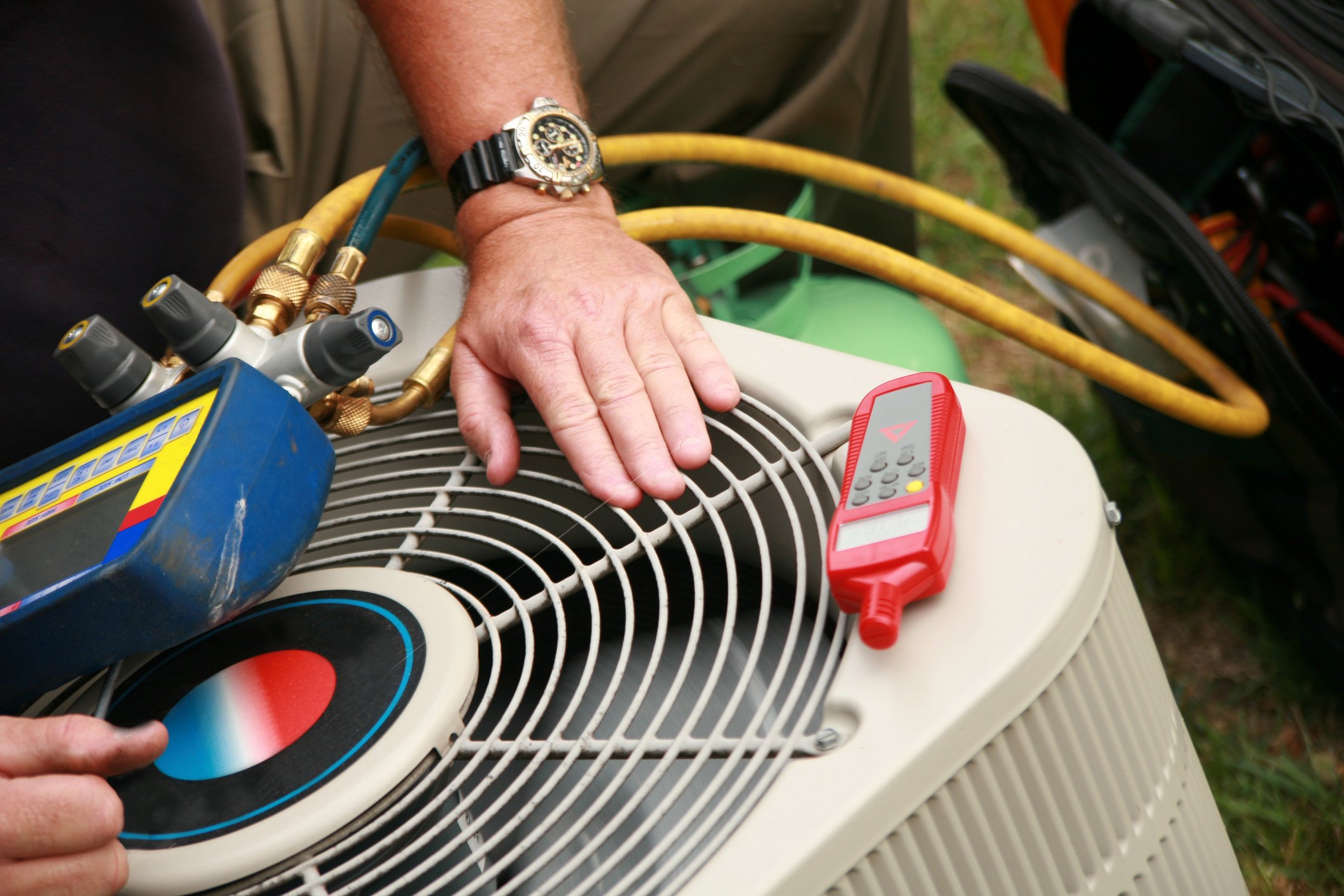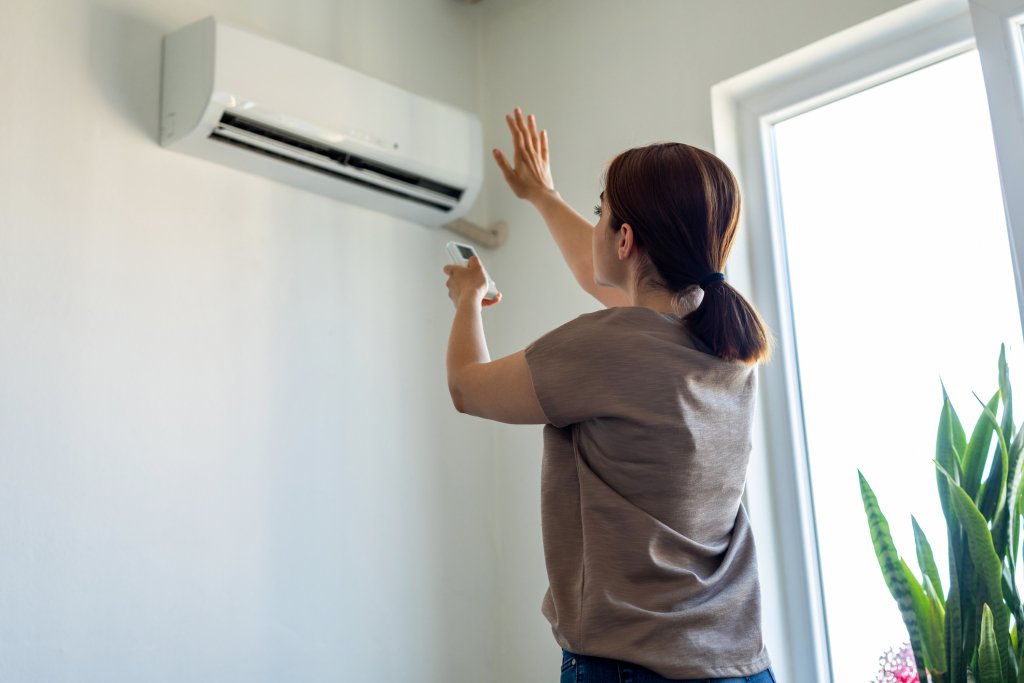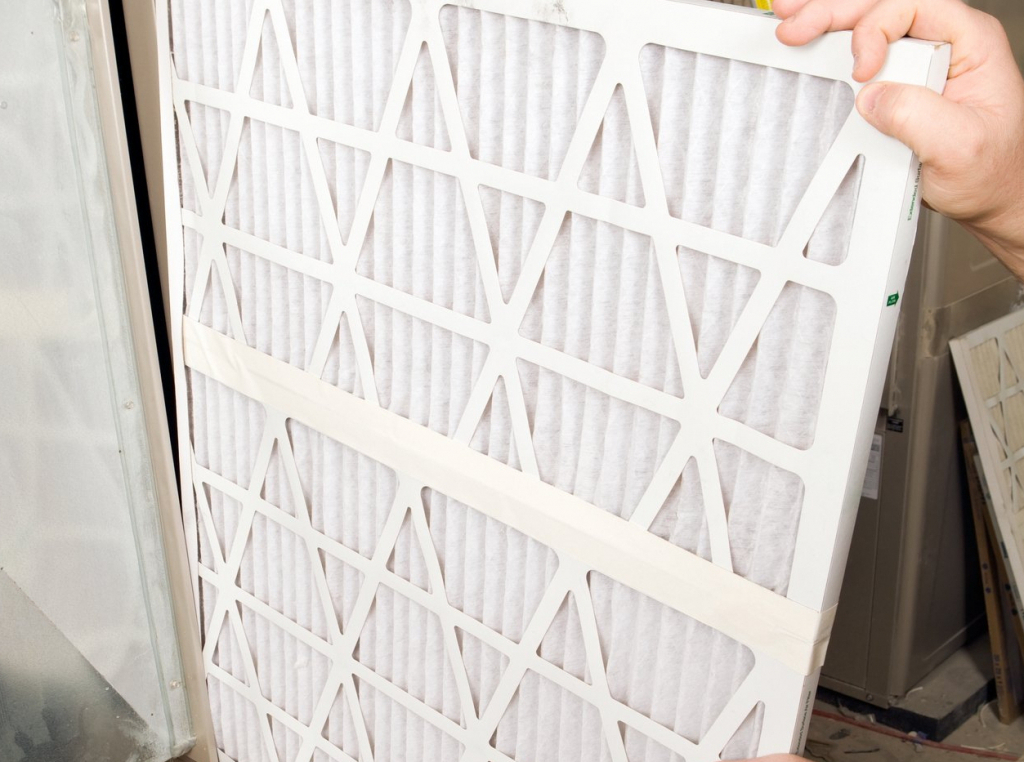
During both the scorching, sweltering heat of summer and the frigid winds of winter, we rely on our HVAC systems to keep our homes comfortably cool or warm. In fact, we’ve all become so used to having heat and air conditioning in our house that we don’t know what we’d do if it stopped working. No one wants to sweat through the night or have to wear a winter coat indoors!
Do you call an expert as soon as your HVAC has trouble, or do you roll up your sleeves and apply a little elbow grease first? And how can you tell whether the problem is with your HVAC system or something else entirely? Today, we’ll help answer these questions and more, plus break down what you could do if your HVAC stops working.
Let’s face it – some HVAC systems are so old and clunky it can be tough to tell whether they are working as normal or are truly malfunctioning. Even if your home feels strangely warm or cold, you might not know if it’s your HVAC system, a draft in the house, or another issue.
If you aren’t sure whether or not your HVAC unit needs some attention, check for these five surefire signs.
Naturally, if your vents aren’t sucking air in or pushing it out, you’ve got a big problem. Worse, no airflow could be due to a root problem with the HVAC unit or a blockage in the vents themselves.

Hold your hand near the HVAC vents in your home to see if they’re moving air properly. Many HVAC vent setups have one big vent near the ground level to suck up hot air when the AC runs – check this vent specifically for the easiest airflow check for your entire HVAC system.
When you can’t fall asleep because your HVAC system is constantly rattling, grinding, or groaning, it might be a sign that there’s an issue with:
If loud noises persist, don’t keep your HVAC system running and humming along. Calling an expert ASAP might be the best course of action to prevent mechanical damage.
Everyone’s home should smell pleasant and welcoming. But if your AC or furnace is spewing foul stenches into your living room and bedroom, it’s definitely a sign your HVAC system needs some help.
A broken or malfunctioning HVAC system might emit a few specific bad smells, like:
A moldy, musty smell could mean, you guessed it, that you have mold growing around or in your AC. Call an expert soon since that’s no small problem. Don’t turn your AC unit on until it’s taken care of.
If you glance at your energy bill for the month and your heart skips a beat at the sky-high price, it might not be your utility company spiking the rates. Instead, it might be that your HVAC system isn’t working as efficiently as normal. So it’s forced to run overtime and use much more electricity to reach your desired temperature.
Lastly, if you set your air conditioning or heating to a specific temperature but it never seems to heat or cool to your preferences, your thermostat itself might be busted. Cross your fingers that this is the case, as replacing a broken thermostat or finding a new battery is comparatively cheap and easy compared to other HVAC repairs you might have to consider.
If your HVAC is suffering from one of the above signs and it’s not as simple as replacing your thermostat’s battery, you might be able to do a few DIY repairs to address your heating and cooling issues. Keep in mind that these repairs are only slightly invasive – any major repairs or replacements can and should only be done by a licensed HVAC technician.
All air conditioning systems have condenser units. An AC condenser is the outdoor portion of an air conditioner or heat pump that either releases or collects heat, depending on the time of the year. Depending on its location, the condenser could be clogged by dust or be obstructed by dirt or debris.
In either case, remove any obstructions around your AC’s condenser and see if that solves the problem.
If your HVAC system isn’t working, check the fuses and circuit breakers for your house’s electrical grid. Your home should have at least one panel, probably in the garage or laundry room, that has fuse controls for major appliances.
If you find a tripped breaker or blown fuse, replace the breaker to the correct position or get a new fuse. But don’t be surprised if the fuse setup is so incomprehensibly labeled that you have to call a technician anyway!
When you check the vents for your HVAC system, take a rag with you and wipe away any dust you see. It might also help to get some canned air and blast out any dirt or debris that may be clogging the vents.

Similarly, your AC system probably uses standard, replaceable air filters. These prevent the system from cycling dirty air throughout your home all day. Cleaning and/or replacing the filters could solve your HVAC issues and save you some money on your energy bill.
Although it’s possible to fix minor issues with your HVAC, more major issues will have to be tackled by a licensed, trained HVAC repair technician. Furthermore, if your air conditioning system is 10 to 12 years old, it’s at the end of its lifespan and should be replaced with a new unit. Furnaces, on the other hand, can last between 10 to 25 years if properly cared for.
It might be time to replace your HVAC system completely if:
Unfortunately, HVAC replacement can take quite a bite out of your wallet. HomeAdvisor estimates that you can expect to pay around $7,000 based on national average costs. This could be cheaper if you only have to replace your air conditioning system or furnace rather than both units at once.
That said, it might be wiser to replace your entire HVAC system altogether, as opposed to replacing it in segments. But why?
In most cases, an air conditioning unit and furnace are installed together and, therefore, age at about the same rate. If you replace them both at the same time, they’ll be set for a decade or so, and you won’t need to worry about another replacement for some time.
Whether you need to replace one part of your HVAC system or the whole thing, it could be tough to pay for it all upfront. Sometimes the HVAC repair company offers financing options, or this situation can be a great reason to dip into an emergency fund. A good first step is to get a thorough evaluation of your specific circumstance by a licensed professional who can provide you with options.
The information and materials provided on this website are intended for informational purposes only and should not be treated as an offer or solicitation of credit or any other product or service of Buckley Microfinance or any other company. This website may contain links to websites controlled or offered by third parties. We have not reviewed all of the third-party sites linked to this website and are not responsible for the content, products, privacy policy, security, or practices of any linked third-party website. The inclusion of any third-party link does not imply any endorsement by Buckley Microfinance of the linked third party, its website, or its product or services. Use of any third-party website is at your own risk.
Sources accessed 2/21/2022 –
How to Change a Wall Thermostat Battery
Is Your AC Working Overtime Right Now?
HVAC.com – What is the Life Expectancy of My HVAC System?
Home Advisor – How Much Does it Cost to Install or Replace an HVAC System?
You can prequalify for your personal loan online in just minutes by clicking prequalify now. Or, if you prefer, call or stop by your local branch to get the process started. Our loan specialists can answer any questions you may have such as what a personal loan is, understanding personal loan interest rates, and how to qualify for a personal loan. We’ll help you fill out an application for the type of loan that fits your needs.